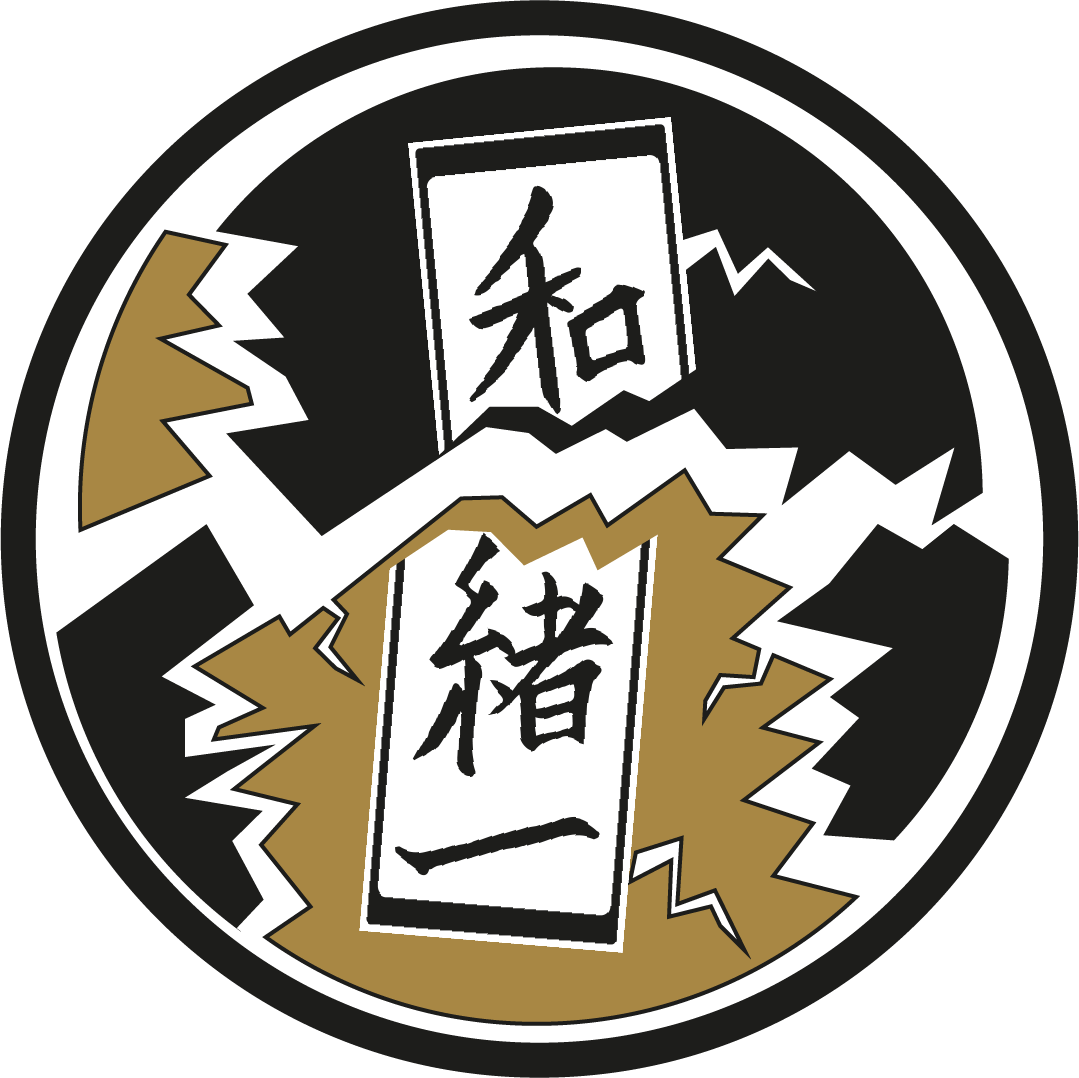“I Second That!”: 3 Ways to Agree in Japanese
If you want to express agreement in Japanese, this blog post presents 3 ways to do just that.
The most versatile expression is probably sō desu ne そうですね, which roughly translates as ‘Right?!’. It is not as strong as if you said “I totally agree”, but you will get your point across. Plus, you can always intensify your agreement with your intonation, such as stressing sō or ne.
“Isn’t she so helpful?” – “Sō desu ne.” (Yes, she is.)
Furthermore, sō desu ne is also used as a simple ‘OK’ in situations where some sort of reaction is needed from you but not an actual opinion. On top of that, sō desu ne can additionally function as a filler. When you are being asked a question and you need a little more time to figure out the response, you can say sō desu ne to start your answer. This means that even if you disagree, your statement might actually begin with sō desu ne, because you needed a moment to think.
A more clear-cut and also stronger choice of words is sansei desu ’賛成です. This literally means ‘I approve’. A third option to express agreement with your conversation partner is sono tōri desu その通りです. It is similar to the English idiom ‘to be on the same page’, as tōri means ‘way/road’. By adding mattaku 全く(‘truly’) in front, we have reached the pinnacle of agreement:
“Mattaku sono tōri desu.” (I totally agree with you.)
Written by Jannick Scherrer

